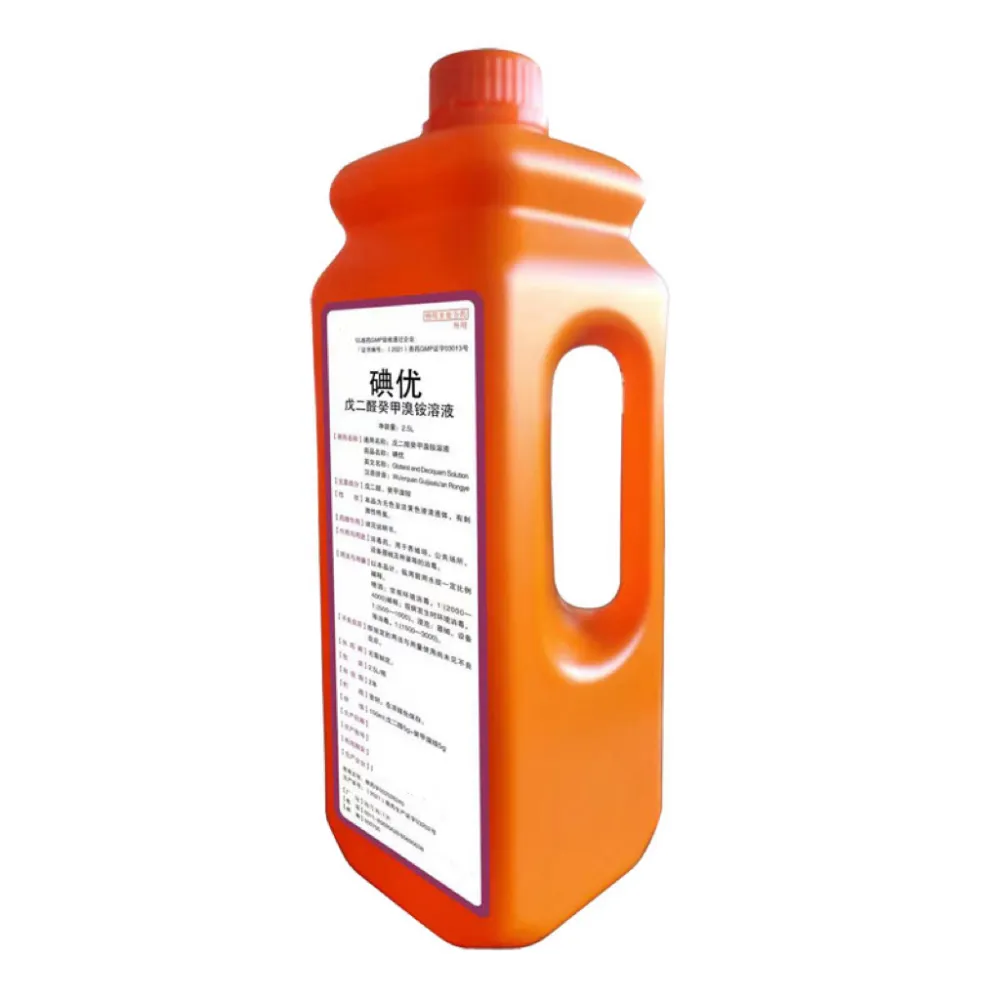- Afrikaans
- Albanian
- Amharic
- Arabic
- Armenian
- Azerbaijani
- Basque
- Belarusian
- Bengali
- Bosnian
- Bulgarian
- Catalan
- Cebuano
- Corsican
- Croatian
- Czech
- Danish
- Dutch
- English
- Esperanto
- Estonian
- Finnish
- French
- Frisian
- Galician
- Georgian
- German
- Greek
- Gujarati
- Haitian Creole
- hausa
- hawaiian
- Hebrew
- Hindi
- Miao
- Hungarian
- Icelandic
- igbo
- Indonesian
- irish
- Italian
- Japanese
- Javanese
- Kannada
- kazakh
- Khmer
- Rwandese
- Korean
- Kurdish
- Kyrgyz
- Lao
- Latin
- Latvian
- Lithuanian
- Luxembourgish
- Macedonian
- Malgashi
- Malay
- Malayalam
- Maltese
- Maori
- Marathi
- Mongolian
- Myanmar
- Nepali
- Norwegian
- Norwegian
- Occitan
- Pashto
- Persian
- Polish
- Portuguese
- Punjabi
- Romanian
- Russian
- Samoan
- Scottish Gaelic
- Serbian
- Sesotho
- Shona
- Sindhi
- Sinhala
- Slovak
- Slovenian
- Somali
- Spanish
- Sundanese
- Swahili
- Swedish
- Tagalog
- Tajik
- Tamil
- Tatar
- Telugu
- Thai
- Turkish
- Turkmen
- Ukrainian
- Urdu
- Uighur
- Uzbek
- Vietnamese
- Welsh
- Bantu
- Yiddish
- Yoruba
- Zulu
8 月 . 11, 2024 15:50 Back to list
Recommended Dosage Guidelines for Enrofloxacin Injection in Canine Patients
Enrofloxacin Injection Dosage for Dogs A Comprehensive Guide
Enrofloxacin is a broad-spectrum antibiotic that belongs to the fluoroquinolone family. It is frequently prescribed by veterinarians to treat various bacterial infections in dogs. With its high efficacy and quick absorption, enrofloxacin is a vital tool in the fight against infections, particularly those affecting the respiratory system, urinary tract, and skin. However, ensuring the correct dosage is crucial for both the safety and health of the animal. This article aims to provide a comprehensive guide to enrofloxacin injection dosage for dogs.
Indications for Use
Enrofloxacin is indicated for use in dogs suffering from infections caused by specific susceptible bacteria. These may include conditions like pyodermas, cystitis, prostatitis, and respiratory infections. The antibiotic works by inhibiting bacterial DNA gyrase, thereby disrupting the replication and transcription of bacterial DNA. As a result, it effectively targets a wide range of Gram-positive and Gram-negative bacteria.
Recommended Dosage
The dosage of enrofloxacin can vary based on the severity of the infection, the dog's weight, and overall health condition. Typically, the recommended dosage for dogs is in the range of 5 to 20 mg/kg body weight, administered once daily. For acute infections or when immediate results are required, some veterinarians may recommend an initial loading dose of 20 mg/kg, followed by 5 to 10 mg/kg for maintenance.
For example, a 10 kg dog might receive an initial dosage of 200 mg. After evaluating the dog's response to treatment, the vet may adjust the maintenance dose accordingly. It's vital that pet owners adhere strictly to the veterinarian's recommendations regarding dosage and administration to avoid potential side effects or resistance issues.
enrofloxacin injection dosage for dogs

Administration
Enrofloxacin is typically administered via injection, either subcutaneously (under the skin) or intramuscularly (into the muscle). The injection site should be rotated to minimize discomfort. The drug can also come in an oral formulation; however, the injectable form may be preferred in cases where rapid absorption is necessary, such as in severe infections or where the dog is unable to keep oral medications down.
Duration of Treatment
The duration of treatment with enrofloxacin also varies based on the type and severity of the infection, but it generally lasts from 5 to 14 days. Continuation of therapy beyond the recommended duration can lead to complications, including the development of antibiotic-resistant bacteria and potential adverse effects on the dog's health. It is essential to complete the full course of treatment even if the dog appears to improve before the medication is finished, as stopping early can result in a resurgence of the infection.
Side Effects and Precautions
While enrofloxacin is generally well-tolerated, some dogs may experience side effects, including nausea, vomiting, diarrhea, and lethargy. In rare cases, more severe reactions such as seizures or issues with cartilage development in young animals may occur. Due to these potential risks, enrofloxacin should be used with caution in puppies, pregnant or nursing dogs, and those with pre-existing health issues.
In conclusion, enrofloxacin is an effective antibiotic for treating various bacterial infections in dogs when administered correctly. Pet owners must work closely with their veterinarians to determine the appropriate dosage, follow treatment protocols, and monitor for any adverse reactions. With responsible use, enrofloxacin can play a significant role in improving the health and well-being of dogs suffering from bacterial infections. Always consult a veterinarian before starting any new medical treatment for your pet.
-
The Power of Radix Isatidis Extract for Your Health and Wellness
NewsOct.29,2024
-
Neomycin Sulfate Soluble Powder: A Versatile Solution for Pet Health
NewsOct.29,2024
-
Lincomycin Hydrochloride Soluble Powder – The Essential Solution
NewsOct.29,2024
-
Garamycin Gentamicin Sulfate for Effective Infection Control
NewsOct.29,2024
-
Doxycycline Hyclate Soluble Powder: Your Antibiotic Needs
NewsOct.29,2024
-
Tilmicosin Premix: The Ultimate Solution for Poultry Health
NewsOct.29,2024













